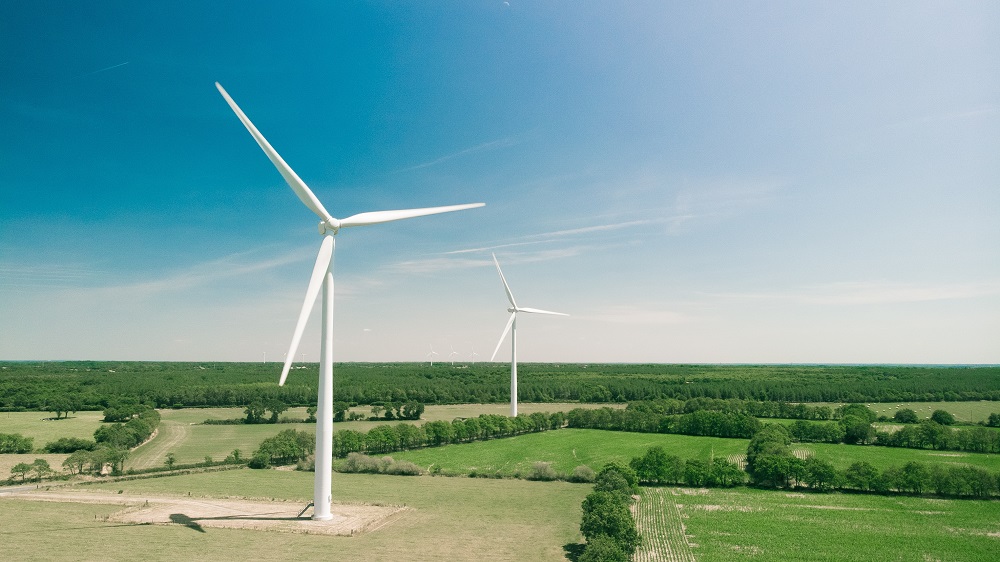The African Oil and Gas sector is in an exciting phase of its development, with global energy policy shifting, new discoveries being announced on the continent, and the sector itself being reimagined to expand its renewables and community-development components.
These and other trends are driving an ongoing restructuring of the sector, with some established oil-and-gas multinationals exiting the continent, while smaller and more agile operators continue doing business here.
In Ghana, the country’s upstream oil and gas industry essentially came into being in 2006, when the first offshore discoveries were made.
The first licence – the Jubilee field, at a depth of 1 100m – is still on stream today, and has helped to grow confidence in the Ghanaian oil and gas sector, and the future potential of the African industry at large. It has also provided learnings for governments and operators looking to develop opportunities in the African upstream in the future.
Pragmatic partners
From the time of the initial offshore discoveries, the Ghanaian government has set out to position itself as a pragmatic and reasonable partner, willing to do what is necessary to bring new fields on stream. Following the initial discoveries in 2007, the operators of the concessions were appointed within a year.
Since Jubilee would host Ghana’s first oil-production facility, a good deal of policy and infrastructure development was happening for the first time. However, the Ghana regulators understood that a steep learning curve need not be any limitation.
Work efficiently
Particularly in new exploration territories, the eyes of the world are fixed on the pace of pioneering developments. For businesses that may be comparing options in various parts of the world, a government that shows itself to be fast and efficient in developing policy, passing regulations and assessing project plans will always have the edge over its competitors.
So, it has proved with Ghana.
Ghana’s energy department approved the Jubilee field Phase 1 Development Plan and Unitisation Agreement in July 2009, and first oil was achieved in November 2010 – a mere 40 months after the initial discovery well. The speed of the development was at that time the fastest ever comprehensive full-scale deepwater development.
The development involved building a Floating Production Offtake Vessel (FPSO), which made it a relatively complex project. However, solid fundamentals were put in place early on, and today the field remains highly lucrative. Recoverable reserves are estimated to be more than 370 million barrels, and an upside potential of 1.8 billion barrels.
Develop relationships
It is sometimes useful to see initial projects as the foundation of a far larger vision. While a launch development may be lucrative, the potential of a longer-term relationship is significantly larger – for all parties.
The Government of Ghana has shown an ongoing commitment to the evolution of its upstream resource infrastructure. This dovetails with the long-term vision of a growing cohort of agile oil-and-gas independents. Subsequently Ghanaian discoveries have also been rapidly brought into production, based on the healthy relationships forged at initial development.
At the TEN field, discovered in 2013, first oil was achieved on time and on budget, within three years of the Plan of Development being approved.
Invest for the long term
Efficient, pragmatic development of its oil and gas resources, with an open, partnership approach, has seen Ghana establish an energy industry that now contributes 3.7 percent to the Gross Domestic Product (GDP) of the country, according to the 2022 EITI Mining & Oil/Gas Reports, through total crude oil production of 6.9 MMbbls and 88 000 MMscf of natural gas, adding $666.4 million to the fiscus in terms of total petroleum receipts.
The country is now set to launch as many as 17 oil and gas projects over the next four years, including new offshore fields, refineries and petrochemical processing facilities.
These figures demonstrate how African oil discoveries in frontier territories can become the drivers of entire new economic sectors, sectors that can play a meaningful role in the upliftment of the host country, and the African region at large.

